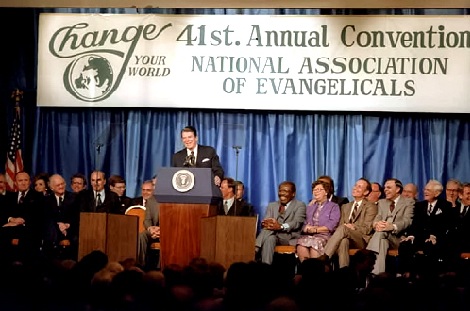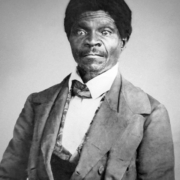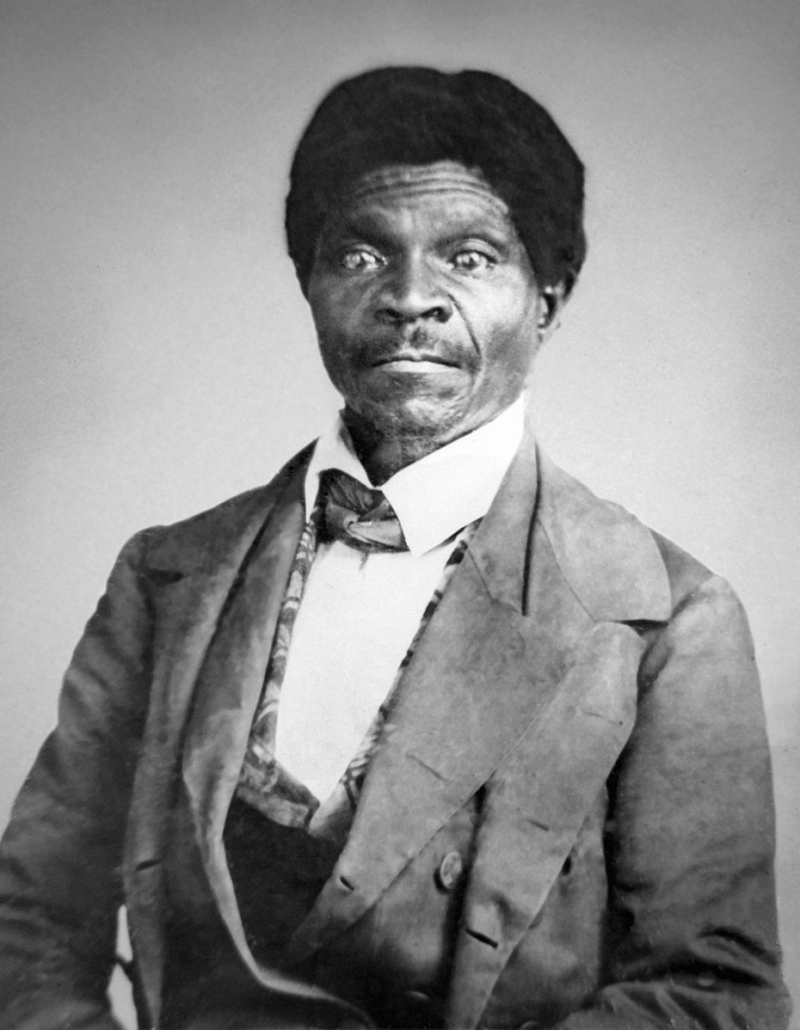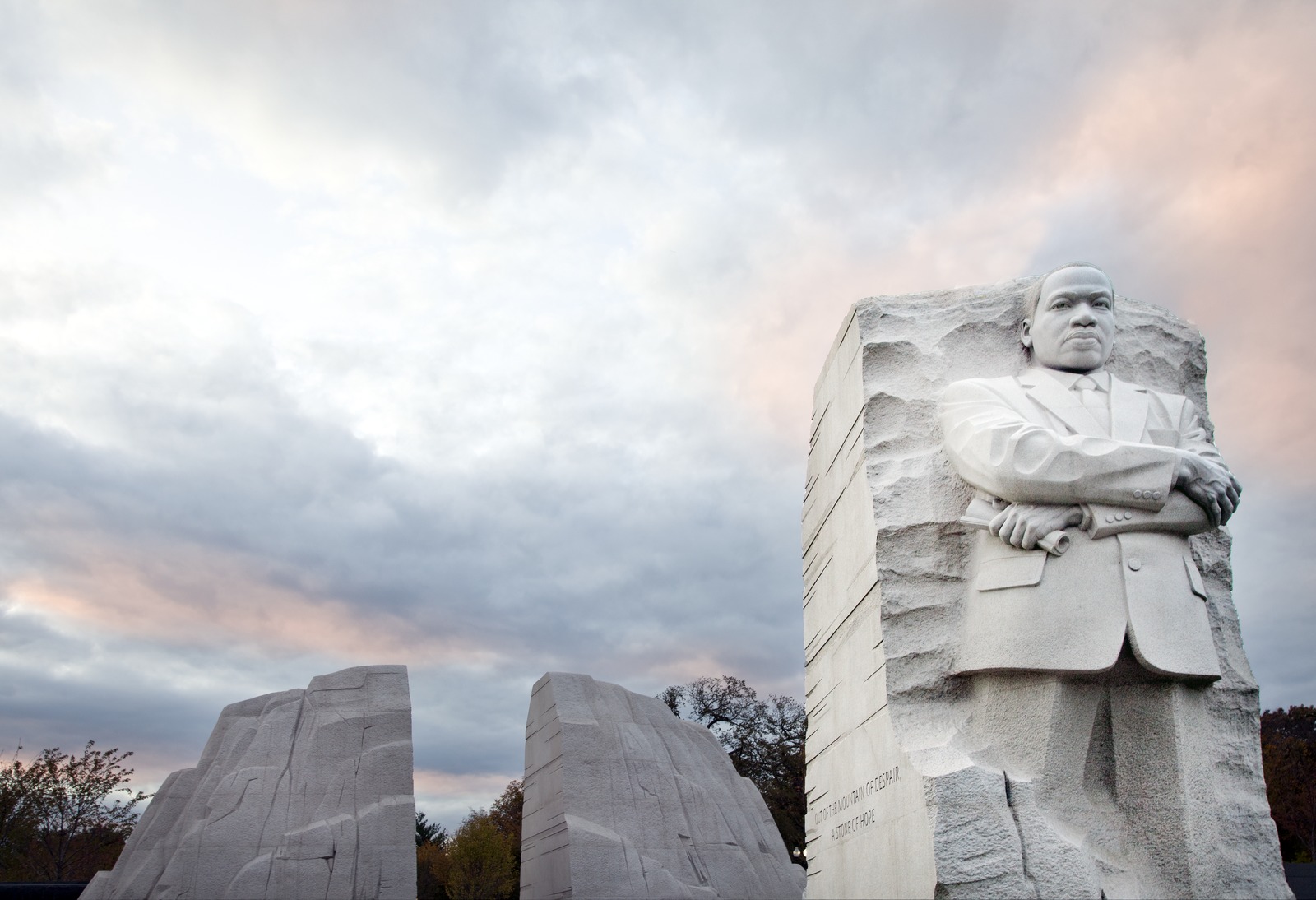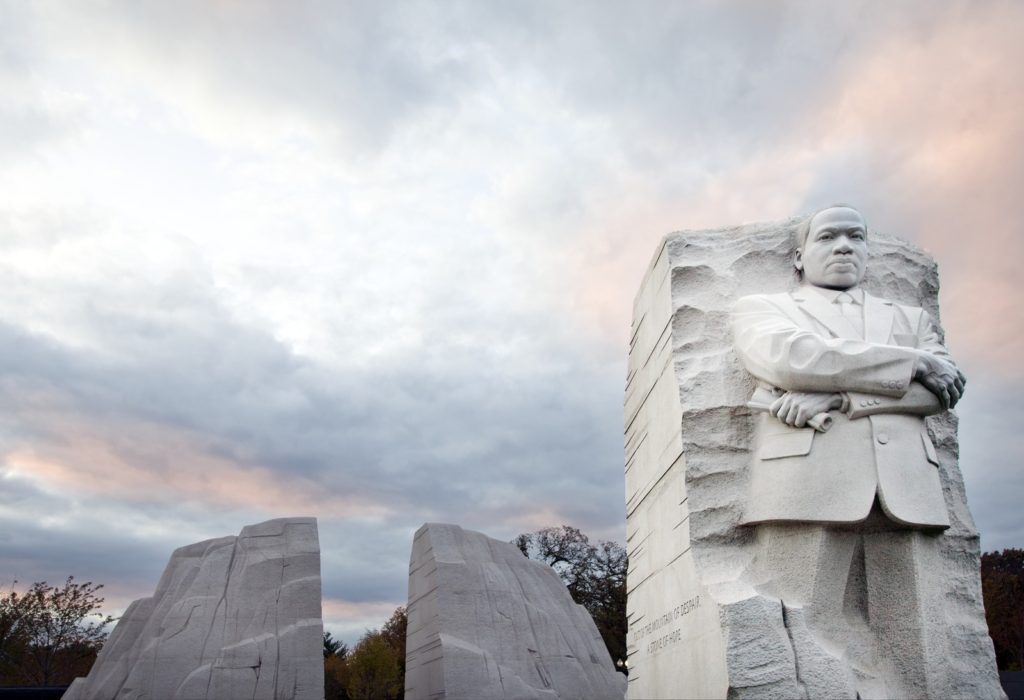On this day in 1967, the body of President John F. Kennedy is moved to a permanent resting site at Arlington National Cemetery, just a few feet from the original site.
Kennedy had been assassinated more than three years earlier, on November 22, 1963.
Here are the closing words from the luncheon speech he never gave that day:
“We in this country, in this generation are, by destiny rather than choice, the watchmen on the walls of world freedom. We ask, therefore, that we may be worthy of our power and responsibility, that we may exercise our strength with wisdom and restraint, and that we may achieve in our time and for all time the ancient vision of “peace on earth, goodwill toward men.” That must always be our goal, and the righteousness of our cause must always underlie our strength. For as was written long ago, “Except the Lord Keep the city, the watchman waketh but in vain.”
Eternal
JFK was a World War II veteran so he qualified for a plot at Arlington National Cemetery. Reportedly, the spring before he died he remarked to a friend that the view of the Potomac from the Custis-Lee Mansion at Arlington was “so magnificent I could stay forever.”
Symbolically, the eternal flame marking his final resting place is fueled by a natural gas line. A continuous electronic flashing spark reignites the flame if it is extinguished by rain or wind.
May the flame lit by our shared faith, founding, and freedom never die out!



